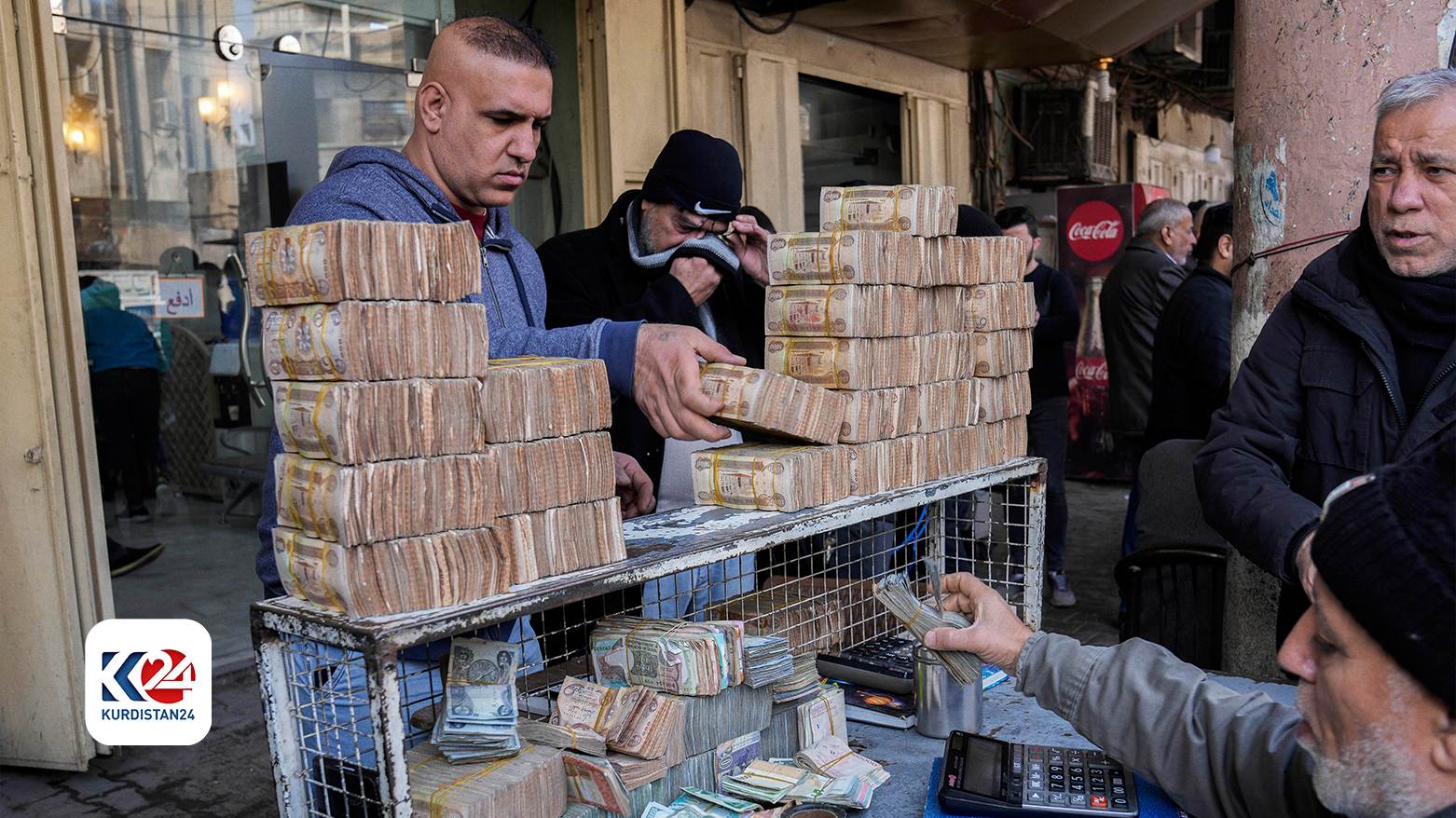Iraqi dinar under pressure amid regional tensions
The exchange rate of the US dollar against the Iraqi Dinar was between 151,700/151,800 IQD for 100 US Dollars in the Kurdistan Region today.

ERBIL (Kurdistan24) – The Iraqi dinar has been steadily depreciating against the US dollar, driven by a confluence of factors related to regional tensions and domestic economic conditions.
Bilal Saeed, a trade and marketing consultant, has identified five key reasons for the dinar's decline.
The exchange rate of the US dollar against the Iraqi Dinar was between 151,700/151,800 IQD for 100 US Dollars in the Kurdistan Region today.
1- Regional Tensions: The ongoing conflict between Israel and Lebanon's Hezbollah has created a sense of uncertainty and fear in Iraq, leading to capital flight and increased demand for US dollars as a safe haven currency.
2- Domestic Protests: Anti-government demonstrations and protests sparked by Israeli attacks on Lebanon have further exacerbated the situation. Concerns over potential US retaliation against Iraqi Shiite groups, including Hashd al-Shaabi, have also contributed to market instability.
3- Government Spending: Increased government expenditures, financed primarily through the sale of US dollars, have put downward pressure on the dinar. As the government exchanges more dollars for dinars to fund its operations, the supply of dinars in the market increases, weakening its value.
4- Increased Demand for Dollars: Both Iraqi citizens and businesses have been seeking to acquire US dollars, either for investment purposes or to hedge against potential economic instability. This increased demand has driven up the price of the dollar relative to the dinar.
5- Remittances and Regulations: Restrictions on remittances and other regulatory measures have created excess demand for US dollars, as individuals and businesses attempt to transfer funds outside the country.
Saeed predicts that the Iraqi dinar will continue to depreciate against the US dollar as long as regional tensions, particularly the war between Israel and Hezbollah, persist.
The ongoing uncertainty and economic challenges facing Iraq are likely to further exacerbate the downward pressure on the dinar.